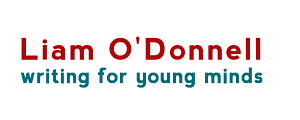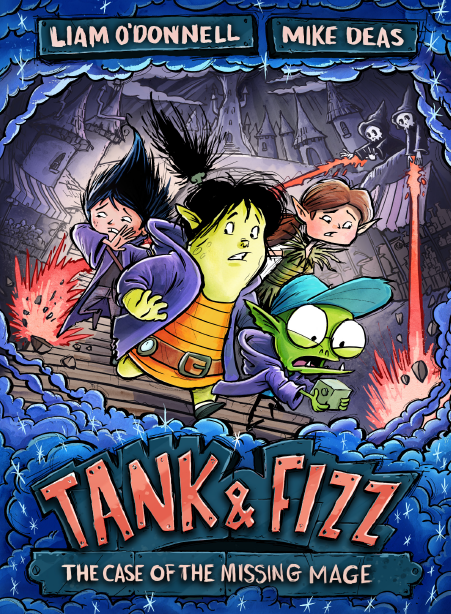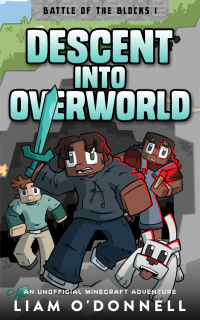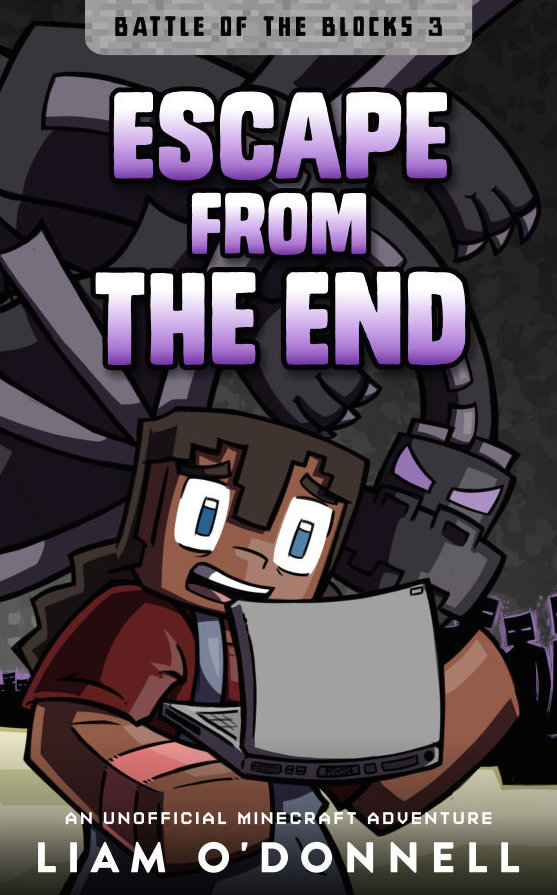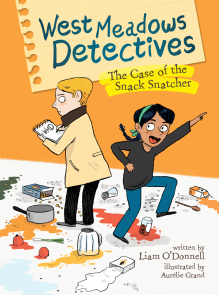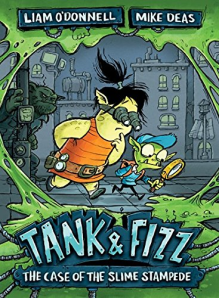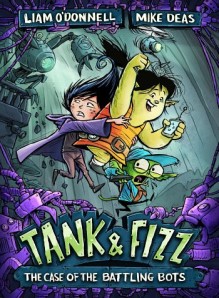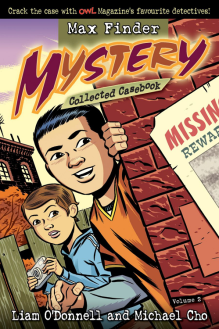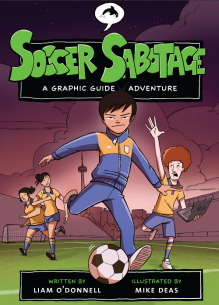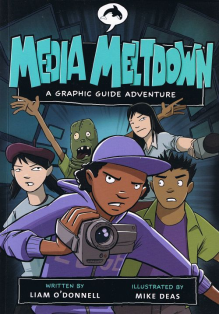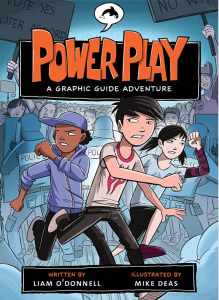Since graduating from university 12 years ago, I’ve never had a ‘real’ career job. I’ve always worked freelance (much to my chagrin) and any time I have had a 9-5 job, it’s always been a stop-gap position designed to keep my belly full and me off the park benches at night.
About two years ago, I came to the conclusion that I just might be destined to work freelance for the rest of my life. And as Douglas Rushkoff points out in this post, that’s not a bad thing. Everytime I turn around I hear of somebody else losing their jobs and being ‘out on the street’ (not literally of course, but you know what I mean.) Rushkoff argues that being ‘on the street’ is the safest place to be. At the end of the day, whether you’re commanding from a mahogany antique in the corner office or working from a card table in the basement, we are all out on the street. And nothing makes the street feel more real than sitting in your pyjamas sipping coffee wondering where your next paycheque is coming from (of course this is never a good thing to do for very long.)
Freelancing is a tough ride, one that will keep the best of us awake at night. But it is very much worth it. If you’re working at home these days and invoicing instead of being on payroll, head over to Rushkoff’s blog and give yourself another reason to feel good about the f-word.
